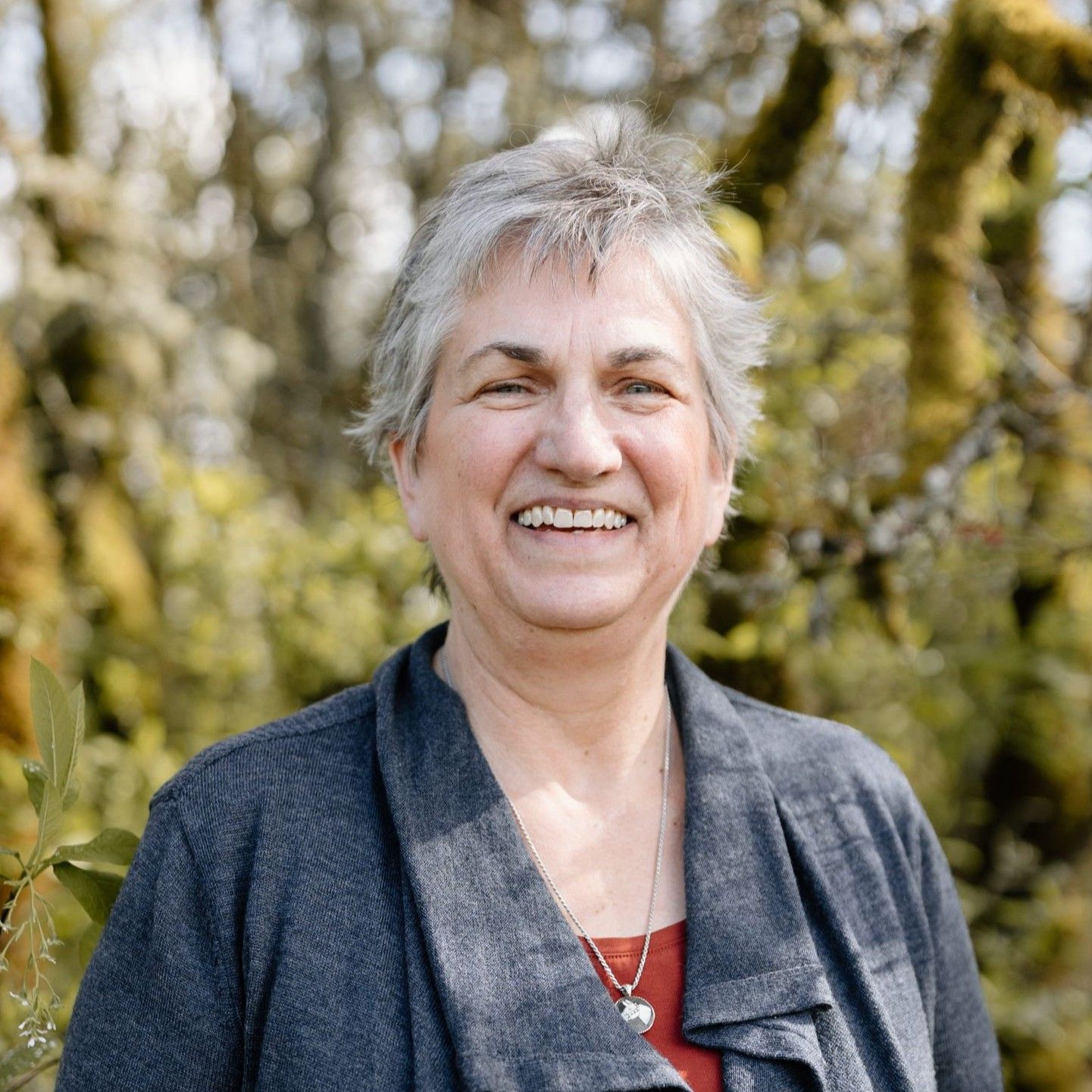Companioning Grief
Feb 1
/
Kathi Gatlin

We, as a nation and a world, are experiencing grief on so many levels. We have lost the ability to socially gather, to frequent restaurants, to live as free as we once had. Children are distance learning, and many adults are working from home. Some have lost jobs and struggle to pay the rent or put food on the table. Over 400,000 people have died due to COVID-19.
As I shared last week, I lost my father the day after Christmas 2020. He eventually succumbed to the deadly virus. My loss along with many others have caused an isolated grief due to the divisive nature of our current political climate and the need for social distancing. It has been stated that in time every one of us will know someone who has died of COVID-19. It touches us all.
How we walk alongside those on their deep grief journey matters. For one, it requires a place of non-judgment for those sharing their pain of loss. We all will experience the grief journey in a variety of ways and there is never room for comparing one journey with another.
In another way, it is important to refrain from making meaning from their experience by our own way of understanding. Defining their feelings or experience is unhelpful and actually creates an unsafe space. In addition, encouraging them that the experience is for their own good or for their transformation is unhelpful to their journey. It is more helpful to host a safe space for them to define the transformational process for themselves.
Dr. Alan Wolfelt, in The Handbook for Companioning the Mourner: Eleven Essential Principles, shares a particular view I find extremely helpful. He draws a comparison between an expert and companioning model, the difference between being responsible for another or being with another. He suggests, in healthy grief, we can trust the one experiencing grief to guide the process at their pace.
This kind of presence or space requires a safe and trustworthy companion. It requires the soul companion to have embraced their own journey of suffering. Listening to another’s pain often touches our own, so doing our own inner work allows us to have the capacity for another. It is essential that we recognize and notice another’s journey without judging them or ourselves.
We tend to not want to feel sad or other so-called negative emotions. Walking alongside others as they experience sadness, grief, or anger can be difficult. But there is new life born in befriending our own pain and suffering as well as walking alongside another on a similar journey. The reality is the painful emotion of grief actually has wisdom to share in the deep work of mourning.
Do you hear the trust in these particular words?
Imagine trusting our inner world to guide us. Imagine trusting God to meet us in our pain and another in theirs.
We can trust God to welcome and sustain us in our suffering instead of pushing our grief away and pretending as if everything is okay.
In much of Western Christianity, we say we believe in a relational God that loves us but often act like we follow a transactional God. For example, we often think if we do “right” then we receive blessings. Or we characterize something good happening with the goodness of God. Would we also claim the goodness of God when a tragedy befalls us? More likely we wonder what we or the other did to deserve such a thing.
What if God doesn’t need us to perform but only invites us to show up to be loved? This would change the way we relate to ourselves and with those we walk alongside. We would begin to understand God’s goodness has nothing to do with our behavior or our circumstances.
In my own companioning work, I find that allowing a safe space to notice differences is necessary for healing. Differences between what we rationally think and believe about God and how we embrace the difficult emotions in life. Healing is available to us when we recognize what we hold to be rationally true may not be how we actively live our lives. We all are inconsistent in this way. The gap helps us recognize how our vulnerability and suffering connects us.
Often the pain we experience through suffering leads us to a new way of making meaning of the way we understand ourselves and our place in the world. It impacts our understanding and experience of God.
Hosting a safe and sacred space to walk alongside others through this wilderness is deep soul work. It requires being open to another’s seeking out answers and trusting the Spirit to meet them in their questions. This requires us to allow them to find their own meaning instead of assigning ours to their experience, their emotions or their way of making meaning.
As the mourner expresses their sadness or being overwhelmed with their grief, it is important to empathize with their struggle without trying to solve their symptoms. If another is sad, we don’t need to fix it by encouraging them to look at the positive side of things. We offer grace, acceptance and belonging, to their experience and invite them to embrace the descending soul journey. We can trust the God that intimately loves them to meet them on the journey. Our work is hosting the safe and sacred space for this deep work.
Dr. Wolfelt offers eleven tenets in his book as things to remember in companioning someone experiencing deep grief. I would recommend reading this important book as you walk alongside others. His tenets can briefly be summarized with the following:
Bear witness to another’s pain and suffering with curious compassion by listening deeply and being present to their heart experience. This requires the ability to sit in the silence, being present to them as they grieve and share. As you honor this deep soul work, listen to their heart in the messy process with humility by being with them, alongside them, and not with a responsibility to lead them to a particular destination.
God will meet you both on the journey as you learn together - companioning is a side-by-side journey.
Two wonderful resources for the journey of companioning others in grief:
Alan Wolfelt, The Handbook for Companioning the Mourner: Eleven Essential Principles (Fort Collins, CO: Companion Press, 2009).

Kathi Gatlin
Kathi Gatlin co-founded the Companioning Center and founded Boldly Loved to bring together her two greatest passions: spiritual formation and teaching. Walking alongside others in their spiritual journey, whether individually or in groups, brings her immense joy. She loves sharing the contemplative life and exploring ways of understanding God with others. Ultimately, seeing companions grow deeper in their own understanding of who God is and who they are in relationship with God is her faithfulness.
Kathi is a trained spiritual director, supervisor, writer, spiritual formation group facilitator, retreat speaker, leadership mentor, and adjunct professor with George Fox University and Portland Seminary.
Kathi has two grown daughters and five delightful grandchildren. She enjoys coffee, chocolate, deep conversations, reading the mystics, and walking in trees with her Covid puppy, Oliver. http://www.boldlyloved.org

